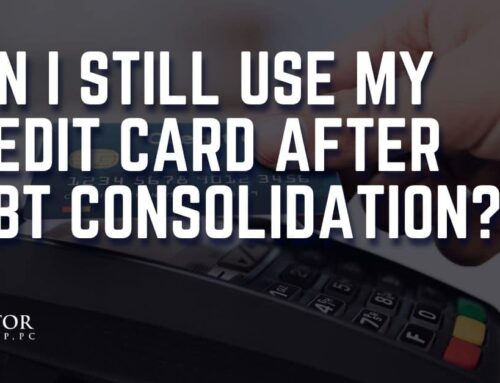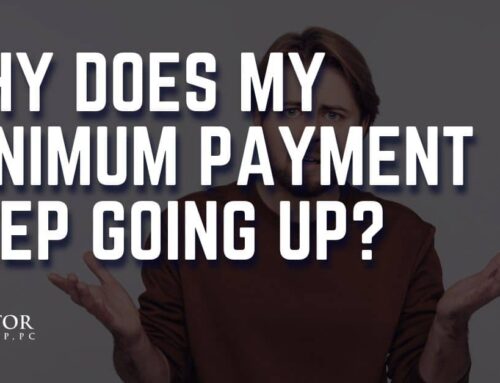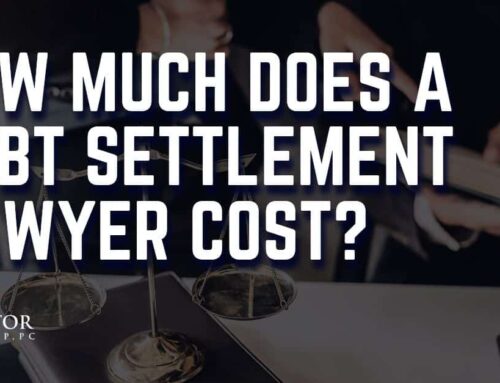From a pack of gum to a pair of new Jimmy Choo heels, every little purchase you make every year is tracked and added to a list that determines consumer buying power. Thanks to this, companies know where the marketplace is heading and what people are actually spending their money on as opposed to only guessing. But, what is consumer buying power and why should this interest us? Knowing where you stand when it comes to this and your credit score can really help even though these two are very different. How so?
First, let’s understand what consumer buying power means. Basically, buying power is the value of money and it determines how much value a person can get from a particular currency. It’s also the way a consumer spends their money on goods or services. For example, an individual might have $1,000 per month to spend on goods after they pay their taxes. This sum of money is known as his consumer buying power. Why? Because it is the amount of money this person is able to contribute to the economy through purchases. This person’s purchases can be divided into entertainment, food, housing, and clothing.
Now, let’s review what your credit score is. A credit score is basically a number (score) between 300–850 that lets the consumer or lender know their creditworthiness. If you have a high score, this means you are dependable when it comes to loaning you money. You pay everything on time, owe nothing, or very little. But if your credit score is low, this means that lenders will not trust you. You probably make late payments or none at all. A credit score is based on credit history: number of open accounts, total levels of debt, and repayment history, and other factors. This is what makes credit scores way different from consumer buying power. Even so, together they are unstoppable!
So, how does this help us be able to get a loan? Lenders evaluate a number of factors when you apply for a home loan, including your income, current loans, down payment percentage, and credit score. So it’s important to know our credit score. Why? Well because to a lender, the higher your credit score, the better. What happens if you have a low credit score? This doesn’t necessarily disqualify you from buying a home but you may incur higher interest rates and additional insurance requirements, meaning you’ll have a higher monthly payment and will pay more in total. This is where your trusty consumer buying power comes in handy.
We’ve seen that having a low credit score can make it hard for you to get a loan. When you buy power, lenders will look at the amount of money you make and compare it to your current debt and expenses. So, if you have a low credit score, try to not increase your debt and not lose your income. This can give you a favorable debt-to-income ratio. And this will eventually show lenders that you’re capable of paying credit back. That is how your credit score and consumer buying power can help you. Having one can help another.
Consumer Buying Power Vs. Credit Score: What’s the difference? Review
Whether you are looking into applying for your first home or even a car loan, knowing your credit score and consumer buying power will always come in handy. Remember to always pay your loans on time and never miss a payment. This way, your credit score will be intact and your reputation too! Looking for more financial tips? Read the rest of our blogs on mediatorlawgroup.com







